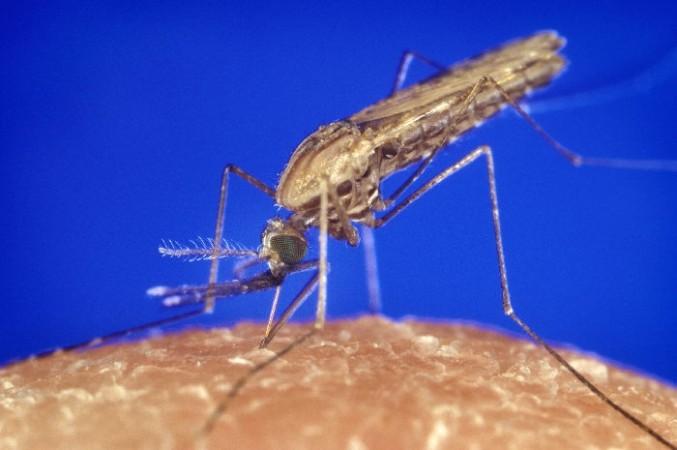
Scientists from the US have developed a revolutionary vaccine that can save thousands of lives against the deadly malarial disease.
The breakthrough came after an antibody-generating protein was discovered by scientists that can stop the infectious parasite from growing inside the body.
Researchers from National Institute of Allergy and Infectious Diseases (NIAID) in the United States have found a special antibody – the disease fighting substance in some children from Tanzania that can fight the malarial parasite.
For the experiment, scientists conducted five trails in laboratory mice. They injected the antibody produced from the naturally immune children into some laboratory mice, which showed better protection from the disease than those who were not injected. The antibody fights the malaria parasite during its growth stage, thus preventing it from spreading through the body.
The scientists will further conduct the experiment using monkeys and will monitor their responses.
The disease infects when female mosquitoes carry malaria parasites in their saliva and enter the bloodstream of a person through a bite in the skin. The parasite then passes through the liver infecting the red blood cells. They multiply rapidly in these cells thus flooding the bloodstream with more parasites.
It is estimated that about 627,000 people die from the deadly malaria every year, according to a World Health Organization (WHO) report. Most of the deaths are caused by mosquito-borne parasitic disease that attack children residing in Sub-Saharan Africa.
People living in areas where malaria disease is common, develop protective immune responses that has the capability to limit malaria parasite levels in the blood and thus prevent illness and high fever linked with malaria infection.
Researchers used plasma samples from Tanzanian children, who were either naturally susceptible or resistant to infections caused by malaria and performed series of gene-screening and laboratory examinations that identified PfSEA-1 antigen. This antigen is linked with reduced parasite levels among children in malaria-endemic areas, according to researchers. They further conducted multiple tests that confirmed that the antibodies to PfSEA-1 stopped malaria infection.
Parasites require PfSEA-1 protein to escape from the red blood cells that they infect while causing malaria. Antibodies sent by the body's immune system take action against this protein and manages to trap the parasite and block the progress of the disease.
"It's profoundly important to develop an effective malaria vaccine" Daily Mail quoted Dr.Anthony Fauci, director of the NIH's National Institute of Allergy and Infectious Diseases, who calls the study 'a novel and different type of an approach toward a vaccine.'
"Since the malaria parasite has such a complex replication cycle, there are multiple points in that replication cycle that are vulnerable to interference by an antibody or some response that can be induced by a vaccine," Fauci added.
The details of the study have been published in the Science journal.











